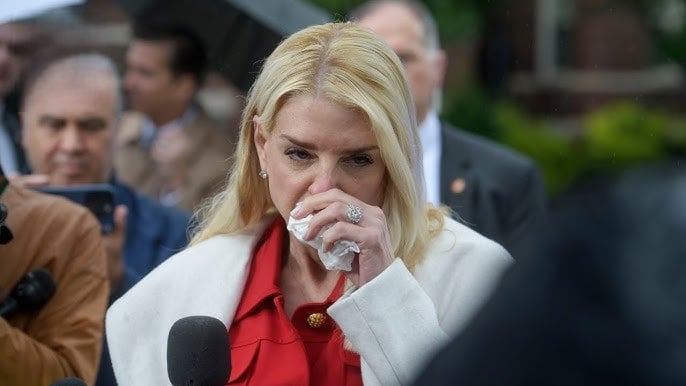The confirmation marks far more than a routine promotion; it represents a deliberate inflection point in the direction of national justice, governance, and policy—one that could ripple through federal and state institutions for years, perhaps even decades. For supporters and critics alike, this appointment is not simply about filling a position but about reshaping the tone, priorities, and ethical foundations of a system that millions rely on. Bondi enters the role carrying a mandate built on rare bipartisan cooperation, a testament to her long-standing reputation as a relentless advocate against corruption, a defender of consumer rights, and a public figure unafraid to challenge entrenched interests.
Her early agenda offers a preview of what her leadership may look like: a push to strengthen collaboration between state and federal agencies, an insistence on greater transparency in decision-making, and a commitment to addressing chronic systemic flaws that have undermined public trust in law enforcement for generations. These initiatives suggest that her tenure will be highly visible, closely watched, and potentially transformative—while also placing her under a microscope from day one. Every decision, every partnership, and every reform will be scrutinized by lawmakers, watchdogs, and citizens eager to see whether promises become real progress.
Yet beyond policy and procedural reform, it is her tone—measured, moral, and strikingly direct—that may prove most influential. In her first public remarks after confirmation, she framed the position not merely as a legal assignment, but as a profound moral responsibility: a chance to restore integrity, fairness, and accountability to institutions that many Americans view with skepticism. She spoke not in technical jargon but in clear, values-driven language about rebuilding trust, empowering communities, and ensuring that justice serves the people rather than political agendas.
This framing alone signals a shift. Coupled with her sharp media instincts and political acumen, Bondi is swiftly emerging as a pivotal voice in the national debate over what justice should look like in modern America—who it should protect, how it should operate, and who should be held accountable when it fails. Her ability to navigate that conversation publicly, while maintaining credibility across partisan lines, could define her impact more than any individual policy she enacts.
The coming weeks will be crucial. How she responds to early challenges, whether she can balance transparency with authority, and how effectively she can unify divided stakeholders will determine whether this moment becomes the foundation of a lasting legacy—or merely a brief surge of influence in a turbulent political landscape. What is clear is that her tenure begins at a moment of extraordinary potential and extraordinary pressure, and the choices she makes now will chart the course for everything that follows.
